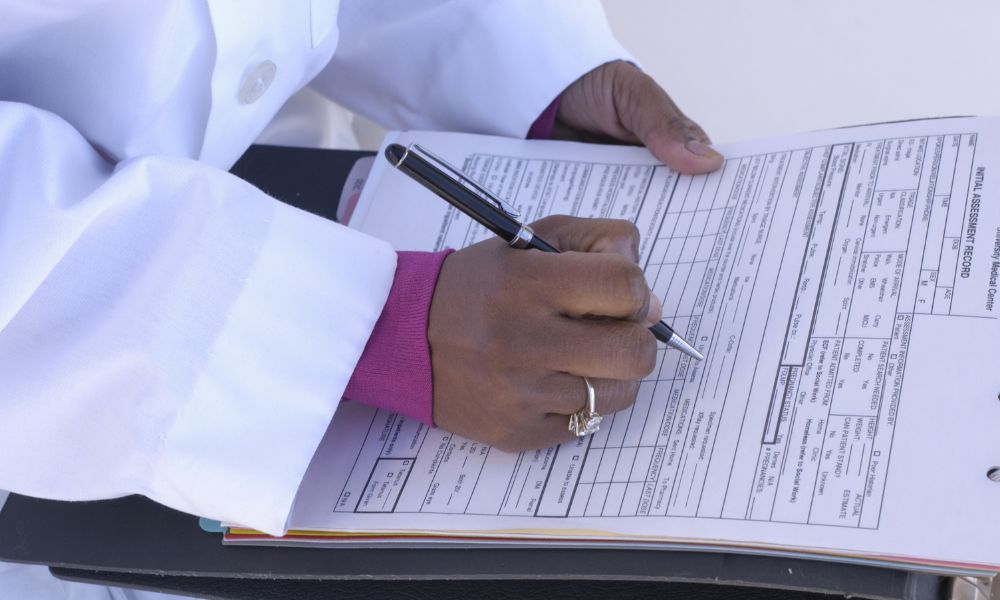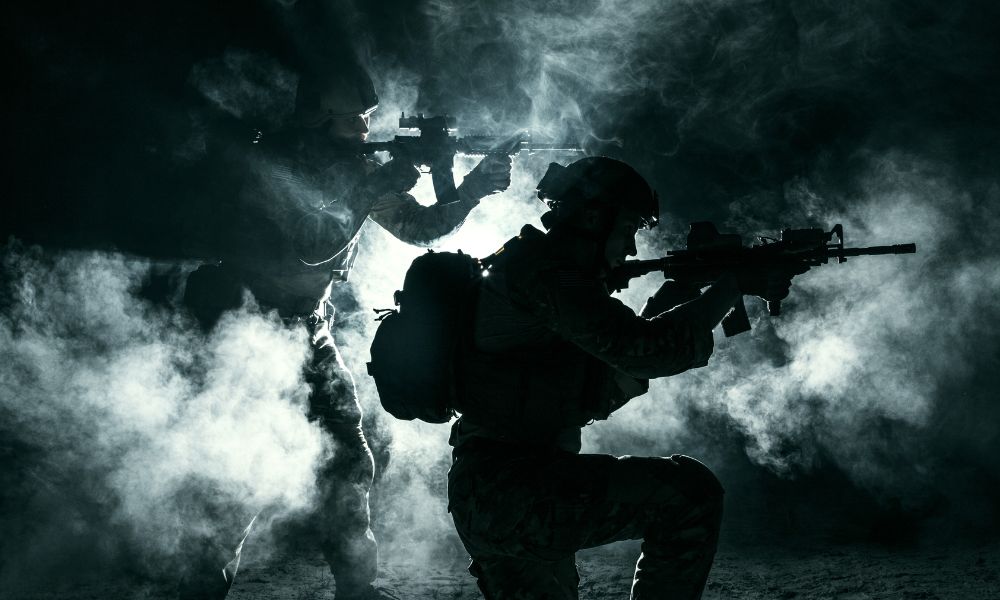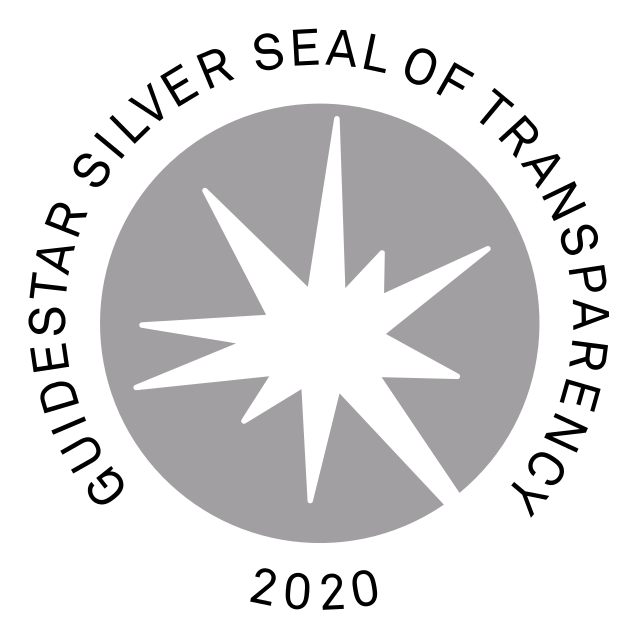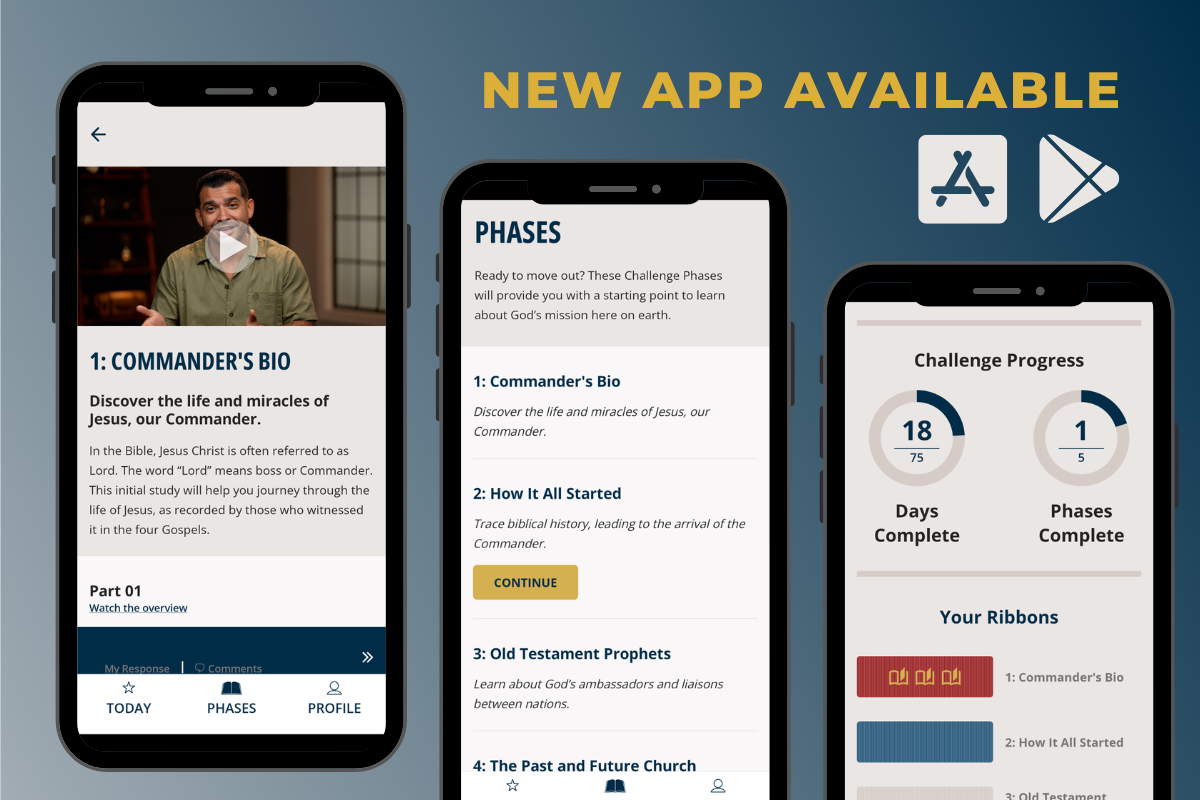Have you ever heard the term moral injury? Did you know PTS and PTSD are two different conditions? At ASM, we have been taking a look at mental health conditions common to the Military; the challenges they create, symptoms, and how they affect Service members and their families.
In this article, we’ll look at some of those conditions in greater detail—moral injury, and how it compares to both Post Traumatic Stress (PTS) and Post Traumatic Stress Disorder (PTSD).
An expert on the topic, Retired Chaplain David Smith, shared valuable insights on these topics. Colonel Smith served with the US Army for 30 years and devoted many years of his service to helping Military members with mental health conditions. He not only reached out to those in need as a devoted Chaplain but empathetically as a soldier who also dealt with personal challenges stemming from years of PTSD. His understanding of the field was discussed during an interview he had with ASM’s Paul McCullough.
What is Moral Injury?
The term “moral injury” is still relatively new in the mental health field. It was first coined by Psychiatrist Jonathan Shay in the 1990s. A moral injury occurs when an individual feels that they directly committed an act or witnessed something that goes against their moral beliefs and values.
“…often a Service member is misdiagnosed with PTSD when they really had moral injury.”
Chaplain Smith explains how it compares to PTSD during the interview:
“PTSD, if I were to simplify it down, would be that it is an entry of fear. But moral injury is something totally different. It is an injury [in which] you’re dealing with guilt and shame. When the VA or counselors are looking at a Service member who’s suffering from nightmares, flashbacks, anger, anxiety, and depression, often they labeled it as Post Traumatic Stress Disorder. But it could be moral injury. And why bring this up? It’s because the treatment of both of these is totally different, and so I think often a Service member is misdiagnosed with PTSD when they really had moral injury.”

According to Chaplain Smith, not only are there two totally different conditions that are being analyzed here, but misdiagnoses are common because many of the symptoms of moral injury and PTSD are the same. However, the current best defense against a wrongful diagnosis is research. Mental health professionals and counselors use questionnaires when interviewing patients that can help determine whether or not a Service member is dealing with a moral injury or PTS/PTSD.
In order to really differentiate these conditions, let’s look at PTS and PTSD.
Post-Traumatic Stress: What Is It?
PTS or Post-traumatic stress in many ways parallels PTSD as the symptoms are very similar. PTS is the body’s response to dealing with a traumatic event, i.e. a car accident or the sudden loss of a loved one. These symptoms may include:
- Feelings of fear, nervousness, or uneasiness
- A racing heart
- Inclination to avoid a repeat of the event (if possible)
- Nightmares occurring soon after the event.

Because PTS is a normal reaction of the body dealing with a “fight-or-flight” situation, it is not considered a mental health disorder. There are two determining factors that really stand out when trying to decipher if someone is experiencing PTS or PTSD: longevity and severity.
Typically, someone experiencing PTS will be dealing with their symptoms for a month or less. Let’s look at how this differs from PTSD.
The Basics of PTSD
Post-traumatic stress disorder (PTSD) was officially named in 1980 by the American Psychiatric Association. Prior to that, it was known as a “soldier’s heart”, “shell shock”, or “combat fatigue.”
Unlike PTS, PTSD is recognized as a clinically diagnosed condition. Where the symptoms of PTS are normally short-lived, PTSD lasts well over a month and the symptoms are severe. They include:
- Nightmares and flashbacks of the events that caused the PTSD
- Obsessing over past events
- Avoiding large crowds of people or scenarios that may recreate traumatic events
- Excessive alcohol and drug use
- Aggressive driving
Again, the key difference here from PTS is longevity and severity. Left untreated, PTSD’s effects can last for years and have terrible consequences for both the individual and loved ones. Chaplain Smith shares how it personally affected him:
“I had a really bad case of PTSD where I was not sleeping, seeing things in the middle of the road, and having like severe panic attacks because I saw something that very much resembled an IED that I saw when I was there. To this day I can’t watch certain movies where certain sounds will trigger it. My family is very aware of those triggers.”

Chaplain Smith first realized he needed help for his PTSD a couple years before he retired in 2014. Eight years later, he mentions, “to this day” he still had to avoid certain triggers that exacerbated his symptoms. Much longer than a month, indeed.
Finding Help for Moral Injury, PTS, and PTSD
If you or a loved one are experiencing any of these symptoms of moral injury, PTS, or PTSD that we’ve shared in this article, it is important to reach out for help.
Oftentimes, Service members refuse to ask for help with mental health conditions for fear that they will lose out on promotions, security clearances, job eligibility, etc. But, when you seek the counsel of a Chaplain, rest assured there will be 100% non-reportable confidentiality. Chaplains are a “safety zone”.
Please reach out when you or someone you know needs help!!
Here at ASM, we want you to know that we too are here to help. We believe God’s Word has the power to transform and to heal. Through our Never Alone and God Understands programs, we are supporting you with specific scripture, and helpful content that touches on the symptoms of moral injury, PTS, and PTSD—including stories from Veterans that have experienced them firsthand.
“It’s about relationships, and so I think what we need to do is more battle-buddy type investment where we are linking people together.”
Finally, a key point that Chaplain Smith made about the importance of relationships:
“It’s about relationships, and so I think what we need to do is more battle-buddy type investment where we are linking people together. The faith community can also be a vital part of that because we’re all about relationships, too. Hopefully, [we can have] not just relationships with one another but also with Jesus Christ. When we have tied somebody into somebody else and they’re going through a difficult time, they can have confidence and can be comfortable to call their battle buddy and say, ‘Hey man, this is rough and I don’t know if I can face tonight.’ That relationship becomes extremely critical in helping that person.”
Relationships, more than anything else during the interview, were what Chaplain Smith focused on—in fact relationships were mentioned 18 times during the 1+ hour interview. This topic rose above professional counseling, programs, or even clinical studies!
Focusing on relationships with each other is key to lifting each other out of the darkness and fulfilling the plan that God has for us in our lives.
“For I know the plans I have for you, declares the Lord, plans for welfare and not for evil, to give you a future and a hope.” Jeremiah 29:11 (ESV)






